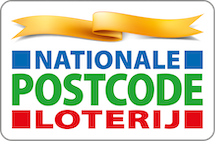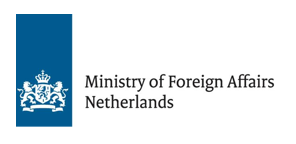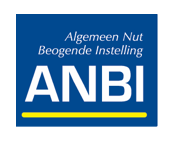Seed Awards Eligibility Criteria & Eligible Expenses
ELIGIBILITY CRITERIA
With this call for applications we invite artists and cultural practitioners who:
- are an early career artist or cultural practitioner in the first 1–5 years of your professional artistic/cultural career. We do not include years of study in this estimation and only consider the years in which you have been practicing professionally;
- are from, living in, and working in countries on our Eligible Country List. See the full list here;
- are practicing as an individual artist or cultural practitioner. We do not accept applications from collectives, groups, and organisations;
- would receive an award from the Prince Claus Fund for the first time. We grant Seed Awards on a one-time-only basis; successful Awardees from previous years are not eligible for another Seed Award. Please note that if you have applied for a Seed Award in the past and have not been granted the Award, we welcome you to apply again this year;
- have an artistic/cultural practice that is dedicated to addressing social/political topics that are relevant to your local context. We do not accept applications for work that is not societally engaged.
- have an artistic or cultural practice that is embedded in the field of art and culture. We do not accept applications from individuals whose work is: largely embedded in academia and revolves around academic research and/or largely embedded in the field of development.
ELIGIBLE EXPENSES
Each recipient of the Seed Award will receive €5.000 in a trust-based grant to invest in the development of their artistic and cultural practice. Examples of activities that contribute to your practice are:
- participation in residency programmes, festivals, workshops, etc.;
- time and space for the development of a personal project;
- an investment into materials needed for ongoing work;
- providing compensation for collaborators.
The Seed Award is not restricted to a pre-decided budget or plan, but it must be used for the development of your artistic or cultural practice. Examples of expenses that are not eligible are:
- tuition fees for participation in activities that focus on the academic sector or represent traditional approaches to research and education (e.g. school/university programmes, scholarships, or education firmly located within a traditional institution).



